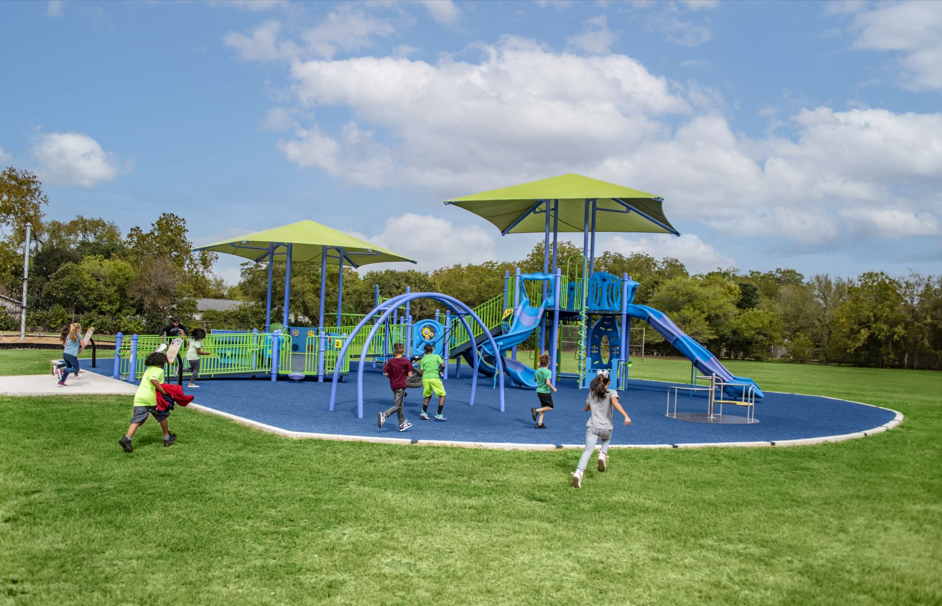The brain has different tools that allow humans to survive and achieve full development. These tools can be translated as skills such as command of the language, memory, ability to concentrate and learn, visual intelligence, and many others that we sometimes take for granted but have a decisive influence on the way we think, solve problems or make decisions. It is essential to stimulate these tools of the children’s brains, as they can make a significant difference throughout their lives.
Play is our brain’s preferred way of learning. For this motive, the parents must take advantage of playground elements not only to spend fun time with children and distract them but also to teach (them in a non-traditional way) values and help them strengthen their physical, emotional, and intellectual abilities. Therefore, this article will mention five benefits of playgrounds for a child’s brain development.
Improve attention
Many parents download applications and games on phones and tablets, looking for their children to have faster and faster attention since it is believed that through them, the mind is exercised and brain development is enhanced. However, they offer a very fragmented and limited medium, unlike outdoor games, where a more comprehensive window is provided to the child, where he can learn about and integrally explore his environment, receiving complete sensory stimulation.
It helps to have a good memory
Having a good memory means learning and remembering more efficiently and with attention to detail, which helps the child to enjoy the learning process as studying is stimulating and easy for him. The child’s memory is structured in the first years of life, and it is crucial that parents stimulate this development. Genetic factors influence memory but can be enhanced by appropriate strategies thanks to the brain’s plasticity. The game can help this through the narratives and the creation of stories during the game time to relate these events; telling imaginary stories helps the child to structure and organize the memory of it.
Stimulates language
When children play in a playground, they tend to communicate, coordinate actions, and tell stories. Through narrative, the memory is stimulated, and the language of the child, since through the creation of the play and imaginary stories, the child communicates not only his story but also his emotions, ideas, thoughts, and sensations. The child can acquire and transmit knowledge, enriching her vocabulary, improving comprehension, and organizing her speech.
Increase visual intelligence
The playgrounds help the child to perceive and interpret the forms and the space that surrounds them; These spatial abilities are of great relevance for the development of social intelligence since they will unconsciously help the brain to interpret grimaces, gestures, faces, and silences. Also, about space, children identify shapes, sizes, and states, in addition to being able to help them be more specific with language, for example, no longer referring to a toy generically but identifying its color, weight, and shape.
Helps self-control
The playgrounds help the child to control and channel her emotions; they allow her to develop the skills that are part of executive intelligence, which is the one that helps to decide goals and plans to achieve them, execute these plans and assess the results. They are also a great way to teach children to channel frustration, for example, when you can’t get a turn on something in the playground and have to wait to use it without throwing a tantrum because your wishes aren’t immediately fulfilled. They help social relationships, respect, patience, and control discomfort.
What do you think about this topic? What other benefits do you think playgrounds bring to a child’s brain development?
If you want to know more about playgrounds, you can contact us or write your question below (comments section).
